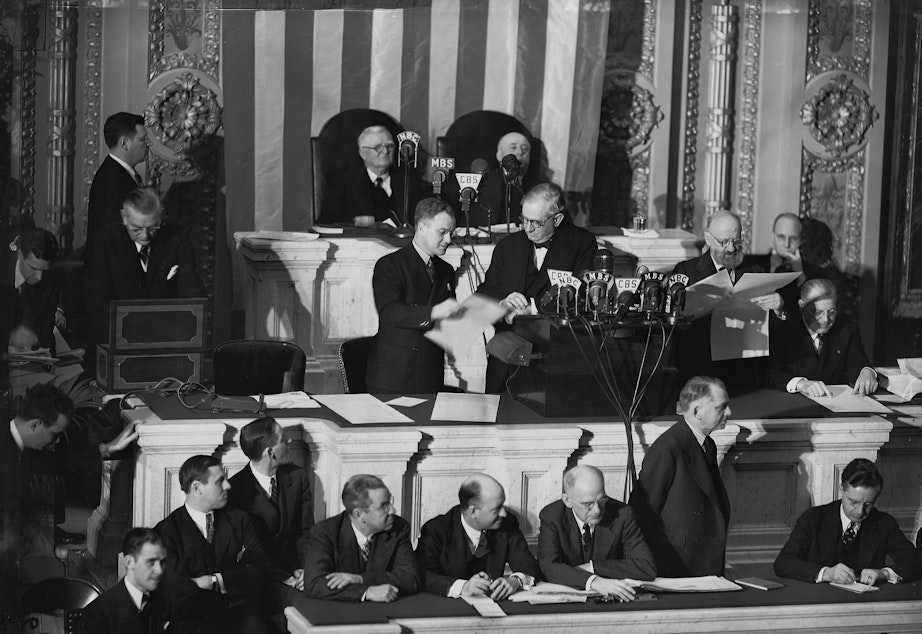Should The Electoral College Exist?

The electoral college has been a fixture of American democracy — and criticism — since the nation’s founding. We’ll explain why it endures.
Guests
Alex Keyssar, professor of history and social policy at Harvard University. Author of “Why Do We Still Have the Electoral College?” (@AlexKeyssar)
Tara Ross, author of “Why We Need the Electoral College” and “We Elect a President: The Story of our Electoral College.” (@TaraRoss)
Jack Beatty, On Point news analyst. (@JackBeattyNPR)
Sponsored
From The Reading List
Excerpt from “Why Do We Still Have the Electoral College?” by Alexander Keyssar
Excerpted from WHY DO WE STILL HAVE THE ELECTORAL COLLEGE? by Alexander Keyssar, published by Harvard University Press. Copyright © 2020 by Alexander Keyssar. Used by permission. All rights reserved.
New York Times: “Opinion: How Has the Electoral College Survived for This Long?” — “As our revived national conversation on race has made clear, the legacies of slavery and white supremacy run wide and deep in American society and political life.”
Talking Points Memo: “Activists Have Been Trying To Change The Electoral College For More Than 200 Years” — “If Democrats win the White House and gain control of the Senate in November, one item on their agenda will surely be reform or abolition of the Electoral College.”
Sponsored
New York Times: “Opinion: Can We Please Pick the President by Popular Vote Now?” — “The Supreme Court clearly got it right on Monday when it ruled that the Electoral College can keep working the way it has worked for the last 200 years.”
The Economist: “America’s Supreme Court considers the rights of ‘faithless’ presidential electors” — “Most Americans would like to abolish the electoral college, the idiosyncratic institution that picks presidents six weeks after election day.”
NPR: “Abolishing The Electoral College Would Be More Complicated Than It May Seem” — “Most people in America want the Electoral College gone, and they want to select a president based on who gets the most votes nationally, polls say.”
This article was originally published on WBUR.org. [Copyright 2020 NPR]
